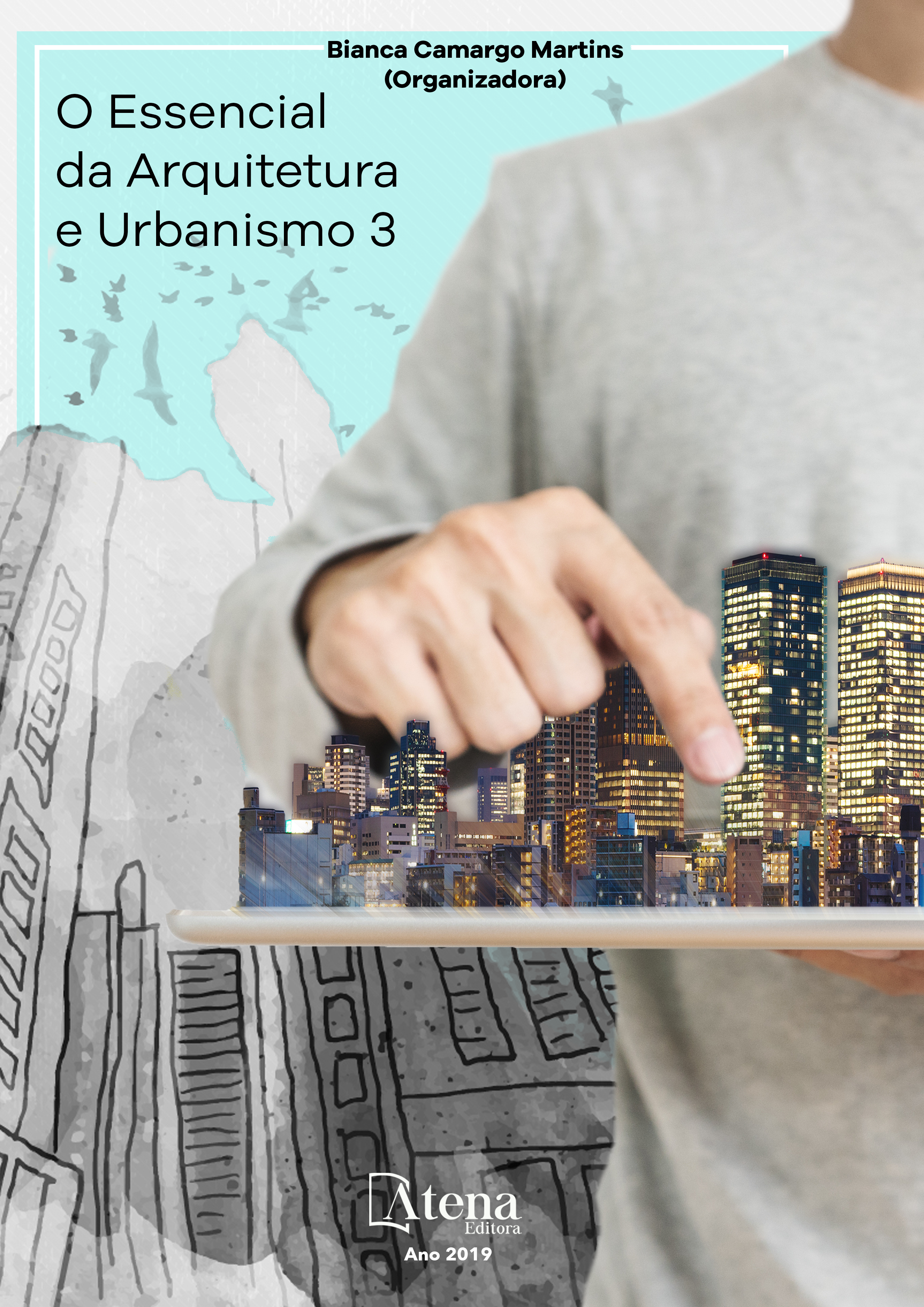
ADIÇÃO DE EVA E VERMICULITA EM ARGAMASSAS DE REVESTIMENTO: ANÁLISE DO DESEMPENHO TÉRMICO
A procura de um melhor conforto
térmico nas edificações fez surgir à
necessidade de um revestimento capaz de
isolar a temperatura do ambiente externo
para o interno, bem como a saída de calor do
interior das áreas construídas. É com essa
perspectiva que este trabalho busca, a partir
da comparação entre argamassas acrescidas
de EVA e de vermiculita, determinar se houve
um aumento no isolamento térmico de paredes
revestidas com essas argamassas em relação
à argamassa sem adição. Desta forma, foram
determinadas as proporções de 1,25%, 2,50%,
3,75% e 5,00% em relação ao volume da areia
para cada adição e em seguida, construídas
paredes de 1m x 1m com 2cm de espessura
para o revestimento em cada porcentagem
e suas respectivas adições. Para obtenção
dos dados de temperatura foi utilizada uma
câmera térmica na qual se fez uma captura a
cada hora, de 06h00 as 11h00, durante três
dias, a fim de se obter médias representativas
que foram analisadas por métodos estatísticos
comprovando assim, o desempenho que
as referidas adições podem proporcionar
as argamassas. Logo, é satisfatório o uso
das adições visto que houve amostras que
culminaram em um aumento de até 107,12% a
mais que a convencional.
ADIÇÃO DE EVA E VERMICULITA EM ARGAMASSAS DE REVESTIMENTO: ANÁLISE DO DESEMPENHO TÉRMICO
-
DOI: 10.22533/at.ed.6541917042132
-
Palavras-chave: Conforto térmico, Adições, Argamassas de revestimento.
-
Keywords: Thermal comfort. Additions. Coating mortars.
-
Abstract:
The search for better thermal
comfort in buildings has led to the need for a
coating capable of isolating the temperature
from the external environment to the internal as
well as the heat output from the inter of the built
areas. It is with this perspective that this work
seeks, from the comparison between mortars
with EVA and vermiculite, to determine if there
was an increase in the thermal insulation of
walls coated with these mortars in relation to the mortar without addition. In this way,
the proportions of 1.25%, 2.50%, 3.75% and 5.00% were determined in relation to
the sand volume for each addition, and then 1m x 1m walls with 2cm thickness were
constructed for the coating in each percentage and their respective additions. To obtain
the temperature data, a thermal camera was used in which an hourly capture was taken
from 6:00 am to 11:00 a.m. for three days in order to obtain representative averages
which were analyzed by statistical methods, thus demonstrating the performance
that these additions can provide the mortars. Therefore, the use of the additions is
satisfactory since there were samples that culminated in an increase of up to 107.12%
more than the conventional one.
-
Número de páginas: 15
- Sara Jamille Marques de Souza
- Felipe Fernandes Gonçalves
- Dielho Mariano Dantas de Moura
- Cicero Joelson Vieira Silva
- Robson Arruda dos Santos
- Francisco Ygor Moreira Menezes


